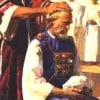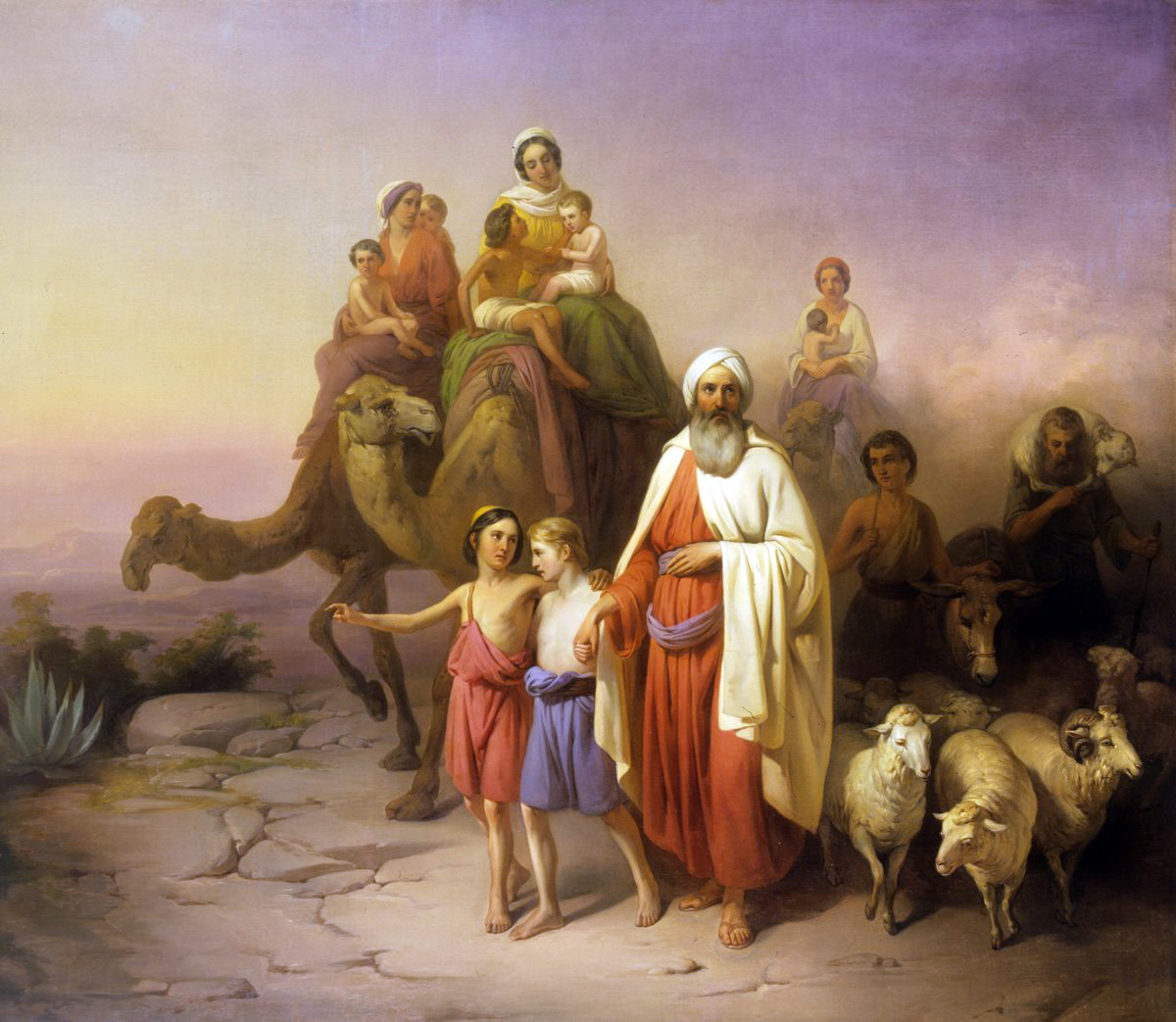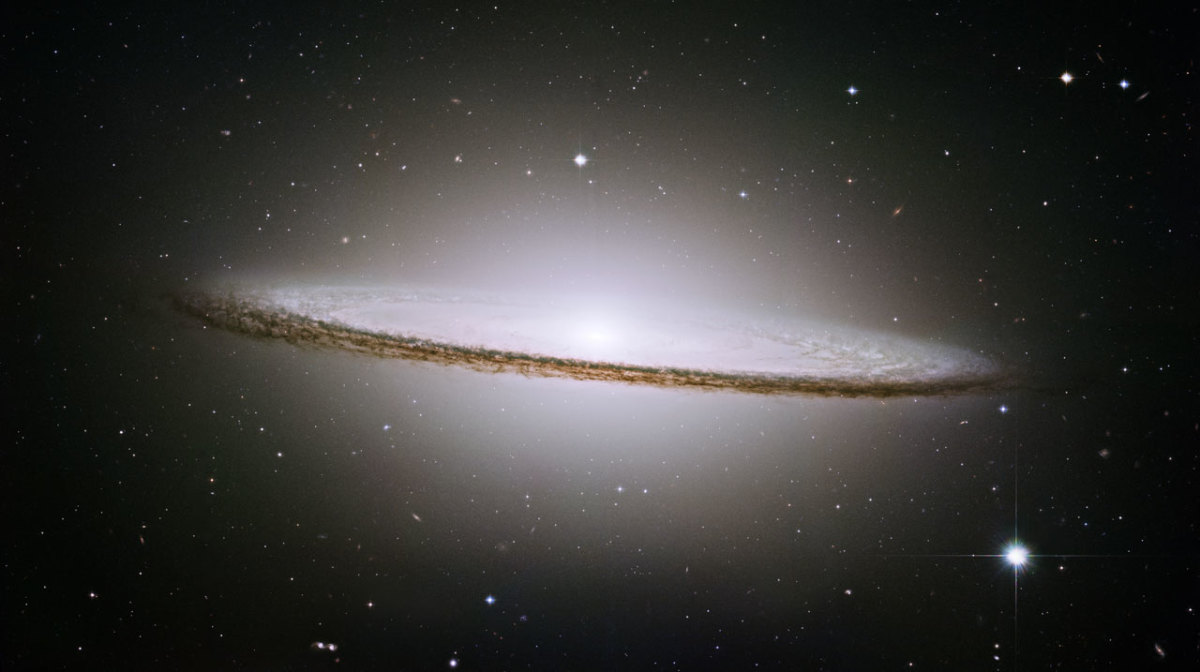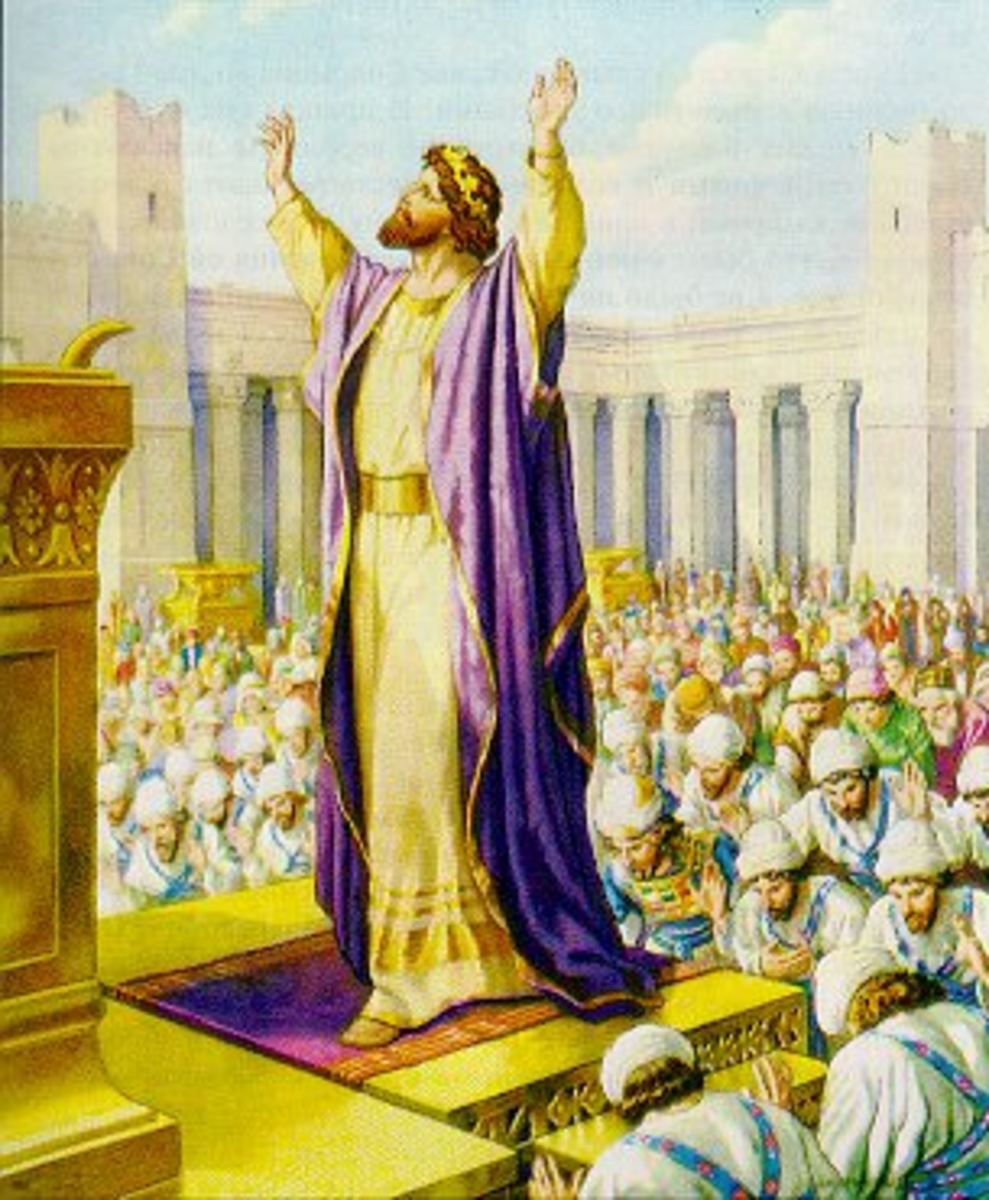Journey Unto Shiloh: Part 3

Things are heating up in this series as you're about to see, so let’s not beat around the burning bush, so to speak and get right into this next chapter by continuing where we left off in Journey Unto Shiloh Part 2. Genesis 49:10 as one of the blessing imparted by Jacob to his sons, reads, “The Sceptre to remain in Judah until Shiloh comes, and unto him shall the obedience of all people’s be.” As far as prophecies go, it is quite unexpected, appearing out of the blue at a time Jacob is rewarding his children for all time, only to have this limitation placed upon his most pre-eminent of sons. Judah would be dominant, the sceptre of Kings to be his allotted blessing, but his reign would only last until someone more worthy, in this particular case,until Shiloh, comes.
The Shiloh Controversy
Over the years, many have tried to object to the interpretation of Shiloh as being this non-Judahite, perhaps not even one of the children of Israel that lays claim to the crown. Remember, Shiloh as a place-name was in existence prior to the arrival of Joshua and his followers and therefore its origins are from a pre-Jewish culture. Some have written that it was not a reference at all to a man but to the original resting place of the ark and therefore it is a reference to the time when the ark returns and God sits on the throne and we have no need for an earthly king. But that would not make sense since the place known as Shiloh had a meeting with disaster, as that town was destroyed well before Judah ever rose to power. Not to mention that Jacob and sons pre-existed Joshua’s return and using Shiloh as the resting place for the ark, so this would have been a complete unknown to him at the time of giving his blessing. Some try to play games with linguistics and say the root is shala, “to be at ease or peace” or it is the “Gift” insisting that Judah will reign until its last king heralds an age of everlasting peace, bringing this holy gift to mankind. Actually, Christians would like to believe this last interpretation because any suggestion that the true king would be someone not from the tribe of Judah simply destroys their original belief in Yeshua as the Messiah, since they have proclaimed him, as being a descendant of King David. To do otherwise would negate all their religious doctrine, since if he was not the ‘final’ king, then he could not be their messiah.
Wisdom from Jakob Kahana Goldenthal
As many of you are aware from my earlier writings, my third great-grandfather was a linguistics professor. In fact, he was the Departmental Head of the Languages Department at the University of Vienna back in the mid 19th Century. One of his lessons that he ensured his students appreciated was that within the Torah he found what he would refer to as compounded or ‘manufactured’ words. Most often, they would appear once in the Torah and never again, that being the clue that we might actually be reading one of these “compounded” words. Shiloh was one such word as it is actually compounded from three elements. She= Whom L’=To oh=Him. Or simply, Whose it Is. Therefore the sentence reads, “The sceptre shall not depart from Judah until the One comes whose it is”. Same syntax as in Ezekiel 21:27: The first prophecy of deliverance. So who is it that can replace the Lion of Judah? Obviously not one from the original 12 tribes which are currently being blessed at the time. Perhaps Melchizedek? Genesis 14, Psalm 110, both refer to this being a greater priesthood than even the Levites. Not only was Melchizedek a priest, but he was also a mighty King that Abraham gave a tenth of all he had taken in his conquest. So obviously, Abraham recognized this King as being a more blessed servant of the Almighty God than he considered himself. Yet, we know so little about this great priest-king other than those few references I gave. How is that possible?
יח וּמַלְכִּי-צֶדֶק מֶלֶךְ שָׁלֵם, הוֹצִיא לֶחֶם וָיָיִן; וְהוּא כֹהֵן, לְאֵל עֶלְיוֹן.
18 And Melchizedek king of Salem brought forth bread and wine; and he was priest of God the Most High.
יט וַיְבָרְכֵהוּ, וַיֹּאמַר: בָּרוּךְ אַבְרָם לְאֵל עֶלְיוֹן, קֹנֵה שָׁמַיִם וָאָרֶץ.
19 And he blessed him, and said: 'Blessed be Abram of God Most High, Maker of heaven and earth;
כ וּבָרוּךְ אֵל עֶלְיוֹן, אֲשֶׁר-מִגֵּן צָרֶיךָ בְּיָדֶךָ; וַיִּתֶּן-לוֹ מַעֲשֵׂר, מִכֹּל.
20 and blessed be God the Most High, who hath delivered thine enemies into thy hand.' And he gave him a tenth of all.
The verses from Genesis would indicate that Melchizedek was the king of Jerusalem, and therefore if that was the case, then Jerusalem already had a monotheistic faith in God the Most High, prior to David’s conquest of the city. Was David then merely the restorer of the faith which for some reason had been abandoned in Jerusalem during the intervening centuries and prior to Solomon’s Temple, there already had been a Temple dedicated to Almighty God? Archaeologists will have to provide that evidence as they dig below the Temple Mount, but that being the situation described in Genesis 14, was the Davidic line not only the usurper of the throne from Saul, but also from this far more ancient line of priest-kings? And would that mean whereas the Davidic line were servants of God, the line of Melchizedek begin holier were actually companions of God? Psalm 110 gives us a further insight in that David aspires to be a King like Melchizedek, which obviously identifies the Davidic line as being the inferior of the two and would explain why Jacob in his blessing indicated that Judah would forfeit its claim to the throne in the end-time.
Revelations of Melchizedek
Looking back at the events of 1986 as discussed in Part 2 of Journey Unto Shiloh, some of the revelations begin to make sense when we look at them through this different context. “One that is a Jew but not of our people, he who seeks to understand the Torah but cannot find it, be there as his guide,” suddenly makes a little more sense if this person I’m to expect shares in the faith but is not by current definitions, Jewish. Furthermore, Melchizedek’s faith in God Most High predated the existence of the Torah. He practiced the faith and worship of God without any presence of the Mosaic laws. In his case, the laws were inscribed in his heart and not on tablets of stone. Considering the fact that the Torah laws were written down and repeatedly ignored, only emphasises that their practice as intended is not easily found. This person, when he arrives, will find nothing but confusion and divisions amongst the Jews and will need a guide to traverse the thorny path that has become our religious doctrines. He will find daughter religions such as Christianity and Islam, which have only twisted and made the word of God so convoluted that truth has become inconsequential. Although I do not see this individual as being in any way directly connected to Melchizedek, I believe the reference is symbolic of this ‘Shiloh’s’ nature and comprehension of the Almighty. He is rooted deeply in the foundation of our beliefs not as they are now but as they were in the beginning. As they were meant to remain but unfortunately, we have bastardized our religious practices beyond any recognition of those earlier days.
In this same manner, “first will be last” also takes on a specific meaning. The Davidic Monarchy wasn’t the first of our royal families. A matter-of-fact, it wasn’t even our second as the line of Saul actually had that distinction with Ahimelech, son of Gideon being the first royal line post Exodus. But if we were to look at the very first King serving God Most High, then we know the revelation was referring once again to one like Melchizedek; an outsider, worthy of being our deliverer, but obviously not one to be readily accepted by all because of his origins or his practices. In fact, mainstream Judaism wouldn’t even recognize him as such because his beliefs and practices might even appear to be strange even though they are the original tenants as provided by El Elion. Obviously, things were becoming clearer for me but still there was that phrase in an ancient language that I could not get out of my head, and not until 1998 could I get translated to an acceptable level of interpretation. It was the key to many of the mysteries and the events of 1998 were quite astonishing on their own. I’ll leave you there on our journey; Until next time.
In the footsteps of God Most High,
Avrom Aryeh-Zuk Kahana








